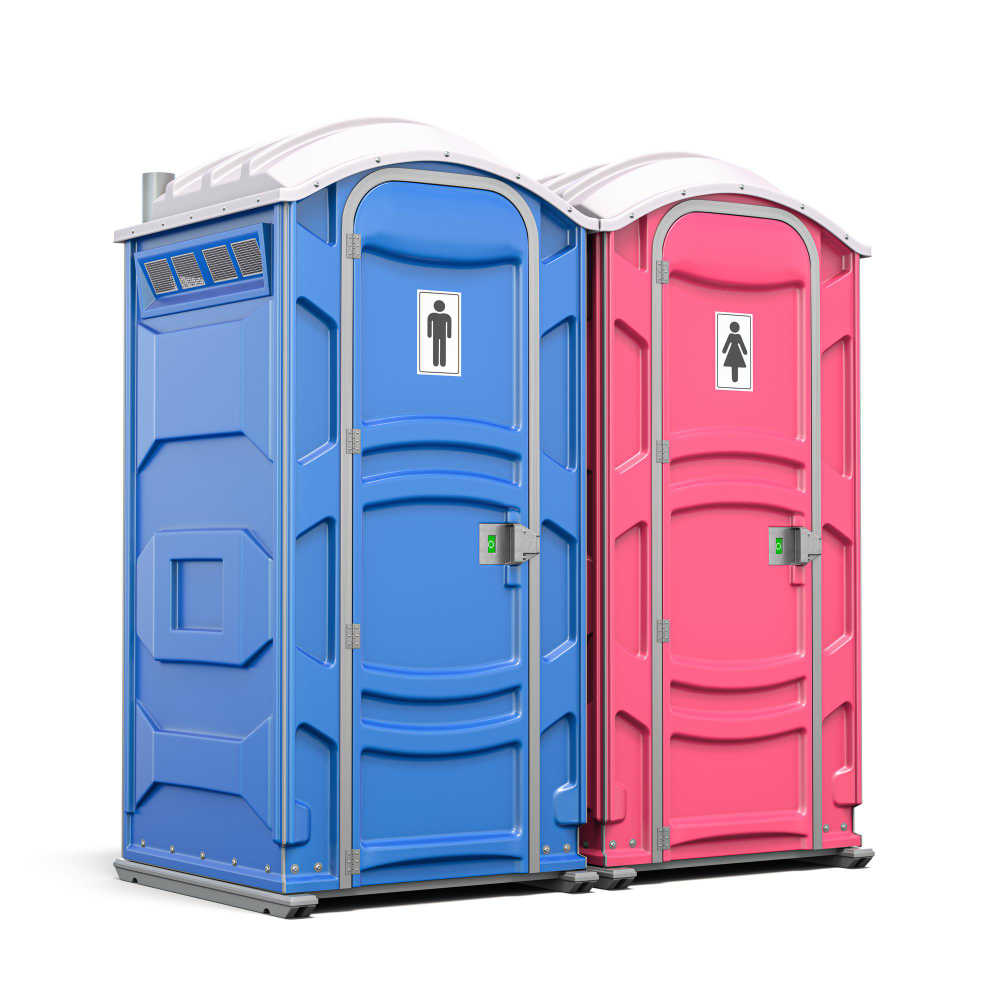Rodents are persistent, highly adaptable, and notoriously difficult to fully eradicate once an infestation takes hold. Allowing a rodent problem to persist can lead to catastrophic impacts on a restaurant’s reputation, finances, and legal obligations. Acting swiftly and comprehensively is crucial.
Health Hazards
Rodents spread dozens of dangerous pathogens that can lead to severe illness in your customers and staff. Diseases carried by rodents include salmonella, E. coli, leptospirosis, and Hantavirus. Rodent droppings and urine also contain hazardous germs. Your restaurant will become an unacceptable health risk if rodents are able to contaminate food preparation areas, utensils, and dining areas. Even small numbers of mice or rats can spread contamination quickly throughout a restaurant’s layout in their search for food and water.
Reputational Damage
Rodents quickly lead to catastrophic reputational harm for restaurants. Customers will rapidly spread the word on social media and review sites if they spot rodents, droppings, or other signs of infestation in your establishment. Rodent sightings can also lead to newspaper or TV news reports that portray your restaurant in an extremely negative light. This reputational damage can destroy customer trust and reduce revenue for months or even permanently unless you take swift, visible action to show the public the problem has been eradicated.
Legal and Financial Consequences
Local authorities and food safety inspectors will levy heavy fines or even shutter restaurants entirely if rodent infestations are allowed to persist. The financial costs of disinfecting and decontaminating your premises after rodents are removed can also be substantial. You may need to close entirely for cleaning, leading to further lost revenue. If customers can prove in court that they became ill from rodent-borne diseases after dining at your restaurant, you also face potentially massive legal settlements and court costs as well.
How Infestations Begin
Rodents can enter restaurants in a variety of ways. Common entry points include under doors, through cracks in walls, via ductwork, through sewer pipes, and by climbing exterior pipes and walls. Mice can squeeze through incredibly tiny gaps. Rats will gnaw through walls, flooring, and wood to gain access. Keeping exterior doors closed as much as possible and sealing any cracks, holes, and gaps in your restaurant’s infrastructure can help prevent access. But rodents are resourceful, so vigilance is key.
Signs of Infestation
Look for droppings, gnaw marks, rub marks, tracks, nests, and live or dead rodents themselves. Listen for scurrying or gnawing sounds. Specific rodent smells from urine and nests may also be noticeable, especially around food storage areas. Damage to food packaging can indicate rodents have chewed into boxes or bags to reach food. Nesting materials like shredded paper may also be present if infestation is advanced. The sooner these signs are spotted, the quicker prevention and removal efforts by a Bristol pest control company can begin.
Prevention and Removal Best Practices
Work with expert Bristol pest control specialists like Advance Pest Control Bristol to tackle infestations. Using multiple removal methods like traps and rodenticides is key. Seal all possible entry points. Improve sanitation and food storage practices, like keeping food in chew-proof containers. Install deterrents like metal kick plates on doors. Remove potential nesting sites by keeping areas free of clutter. Monitor constantly for new signs of rodent activity and immediately treat any evidence of continued infestation.
Following these best practices can help restaurants eliminate rodents, prevent their return, and avoid catastrophic damage to reputation, finances, and legal standing.






